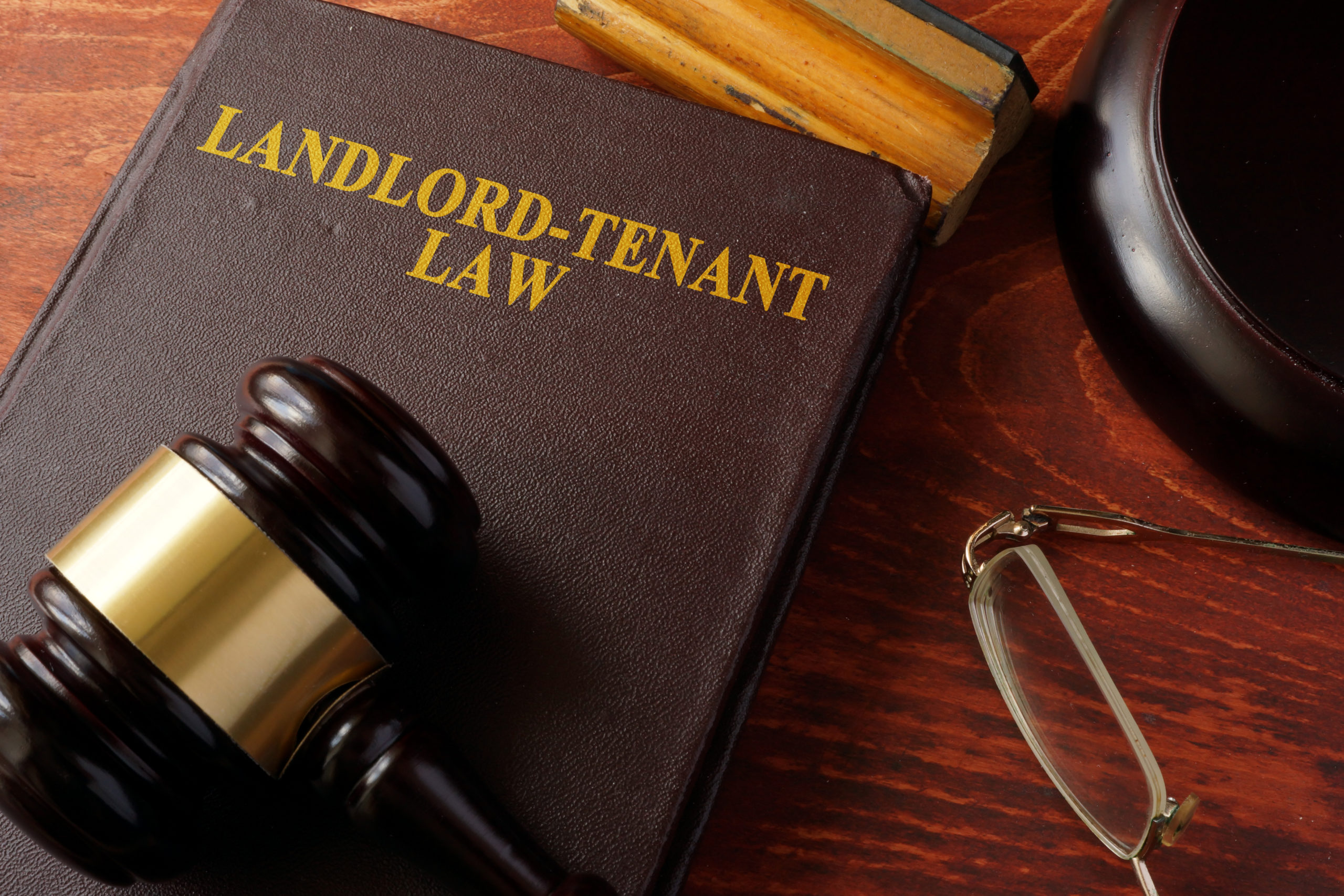Pursuant to Chapter 83 of the Florida Statutes, a landlord in a commercial or residential landlord-tenant relationship may enforce remedial acts against a tenant and the leased premises, in the event of default or breach. Upon a landlord deciding to evict his or her tenant, a distress writ may be obtained to substantially protect the landlord’s needs. Among this remedial measure, a landlord has the ability to receive a distress writ issued by the Clerk of Court, which authorizes the landlord to essentially put a lien on the tenant’s assets at the rental premises when he or she owes rent.
What is a Distress Writ?
Florida Statute § 83.12 states that a “distress writ shall be issued by a judge of the court which has jurisdiction of the amount claimed. The write shall enjoin the defendant from damaging, disposing of, secreting, or removing any property liable to distress from the rented real property after the time of service of writ until the sheriff levies on the property, the writ is vacated, or the court otherwise orders.” Accordingly, before a judge enters an order for the issuance of a distress writ against a tenant, the landlord must first post a bond. As provided by Florida law, the bond amount must be posted for twice the amount that is owed to the landlord or double the amount of the estimated value of the rental premises. This is mandatory and implemented to protect the tenant’s interests in any case where it is later determined by the court that the landlord was never legally entitled to the distress writ to begin with.
In any event, once a distress writ has been served upon defaulting tenant, he or she is legally barred from removing, damaging or disposing of any assets from the rental premises. The tenant is then given the opportunity to vacate the writ by scheduling a hearing with the court, and he or she will be able to plead the facts and merits of the case. If the distressed tenant does not move for dissolution of the writ within twenty days, the sheriff that served the writ then has the authority to levy the property.
What is the Difference Between a Lien and a Levy?
The distress writ is issued in order to put a lien on the rental premises. The lien enforces a legal claim against the particular property. Whereas, twenty days after issuance and no dissolution of the writ, the landlord now has the authority to legally seize the property pursuant to the terms of the distress writ, which is completed by the sheriff levying the premises.








